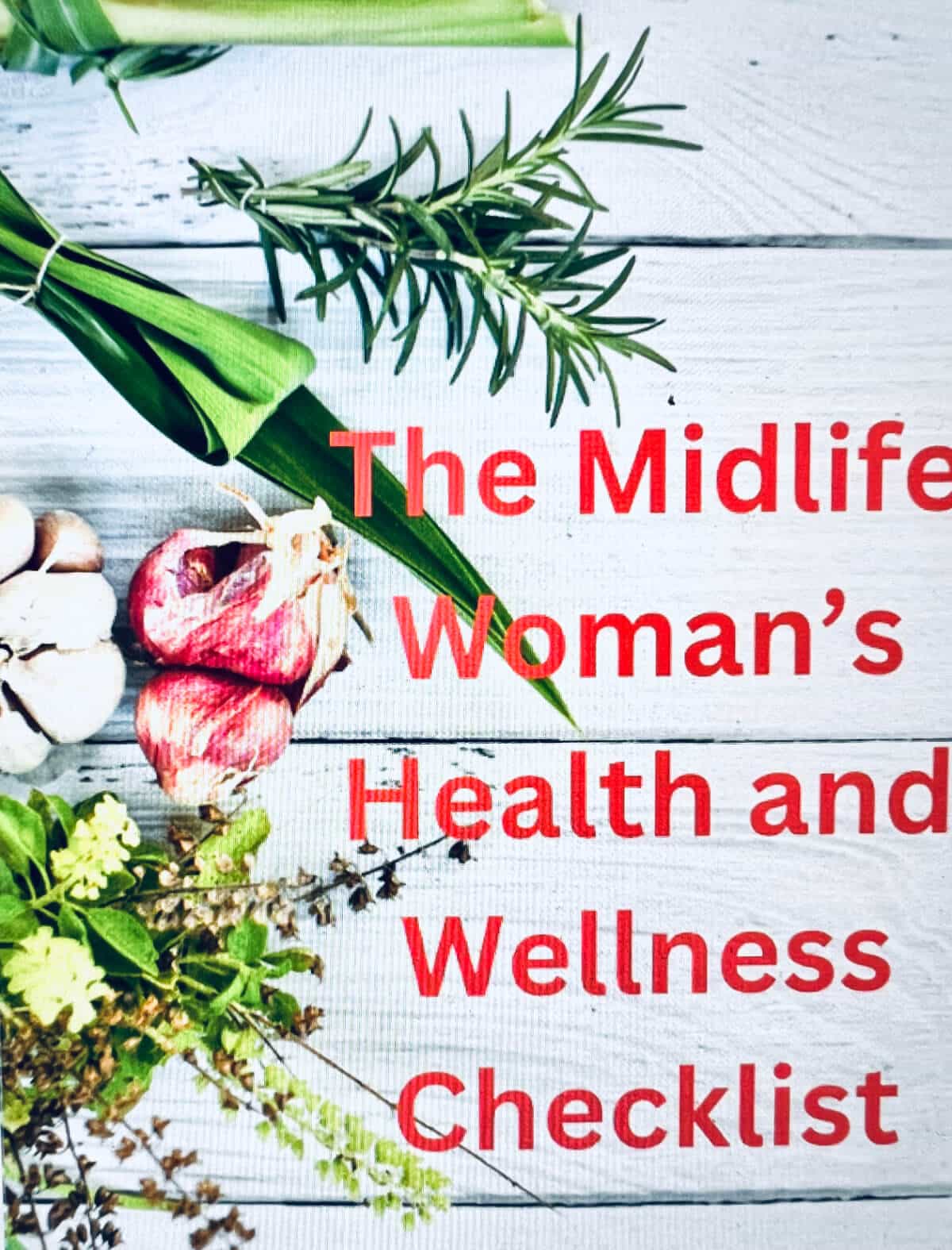Menopause is the natural biological process that occurs when a woman’s menstrual periods stop permanently. It marks the end of a woman’s reproductive years and that typically occurs between the ages of 45 and 55. Along with the many physical and emotional changes that can occur during this time, menopause can also be associated with weight gain.
Weight Gain Is Common
Weight gain during menopause is a common concern for many women and the #1 reason women see me for nutrition coaching. Confusion, fear, and sadness can reign supreme at this time. Because according to some research, women may gain an average of 5 pounds during the menopausal transition, with the majority of that weight being gained around the midsection. However, weight gain is not inevitable, and there are steps women can take to manage their weight and overall health during this time.
Do Hormones Cause Weight Gain?
One factor that contributes to weight gain during menopause is hormonal changes. As a woman’s body produces less estrogen, her metabolism slows down, which can lead to weight gain. Additionally, declining estrogen levels can lead to an increase in appetite and a decrease in energy levels, making it more difficult to maintain a healthy weight.
Aging and Weight Gain
Another factor that contributes to weight gain during menopause is aging. As we age, our bodies naturally lose muscle mass and gain fat, which can slow down our metabolism and make it easier to gain weight. This is why it’s important to maintain a healthy diet and exercise routine throughout our lives, so we can continue to build and maintain muscle mass.
Healthy Life, Healthy Weight
To manage weight gain during menopause, women should focus on making healthy lifestyle changes. There is no magic or woo here. Eating a balanced diet that is rich in fruits, vegetables, whole grains, and lean protein, and avoiding processed and sugary foods is the first step. Regular exercise is also important, particularly strength training, as it can help maintain muscle mass, boost metabolism, and improve overall health.
HRT and Managing Menopause
In addition to diet and exercise, women may also consider hormone replacement therapy (HRT) to manage menopausal symptoms and reduce the risk of weight gain. However, HRT is not suitable for everyone, and women should discuss their options with a healthcare provider to determine the best course of action for their individual needs.
Weight gain during menopause is a common concern, but it’s not inevitable. By making healthy lifestyle choices, such as maintaining a balanced diet and regular exercise routine, women can manage their weight and overall health during this time. It’s important to remember that menopause is a natural process, and with the right support and resources, women can embrace this new phase of life with confidence and vitality.
Hear more about Menopause, Midlife, and Weight Gain on the latest episode of the Real Food Stories podcast!





